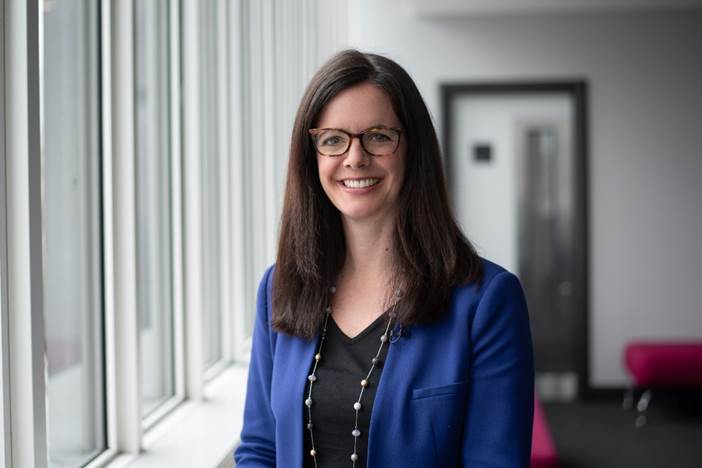Florence Nightingale Foundation's Orion Barker explains how the charity actively considers equity in its workplace and events and how other organisations can do the same
__________________________________________________________________________
Inclusivity is not something that happens by accident. When an organisation wants to truly commit to having a fair and inclusive environment, they need to work at it actively and repeatedly – it’s not a ‘one and done’ action. At the Florence Nightingale Foundation (FNF), we want to make sure that we’re not just all talk and that we instead actively consider equity in all of our policies and events.
When we talk about equity, it’s not enough to just offer everyone the same opportunities and leave them to it. After all, speaking as a disabled person, it can sometimes feel like you’re set up to fail. You can have all the same opportunities as an able-bodied person, but your individual needs can leave you struggling to even show up in the first place. Some barriers might be more obvious to an outsider – someone in a wheelchair is going to struggle to attend a location without step-free access. Other barriers might be less obvious, such as for people with sensory processing difficulties or chronic fatigue. It can be vulnerable to disclose the difficulties you’re facing and ask for help. But only you know the struggles you face – and more importantly, only you know the solutions that could be put in place to help you overcome those struggles.
One of the strengths we have at FNF is that we’re comprised of a really diverse team of employees. Last year, we decided to take that strength and utilise it to better potential, creating our now Equity Impact Assessment (EIA) meetings. We’re a volunteer group of employees within FNF who meet about once a month, all of whom have a protected characteristic or are part of a minority group in some way. Whenever new policies are considered or new events are getting planned, those plans are brought to the EIA group.
For example – we’ll look at both physical and online upcoming events and investigate possibilities to make them accessible as possible. Because our EIA group includes people with physical and neurological disabilities we can offer past experiences where we’ve felt excluded while our able-bodied counterparts were able participate fully, and what could have been done differently in those situations to have allowed us to feel included. We can then try to pre-emptively amend our plans for upcoming events so that future attendees (and employees too!) can feel included and welcomed as well.
We’ll also take upcoming plans for policies and interrogate them from perspectives the different minorities that make up our group. For instance, we’ve introduced easy read versions of policies where we’ve felt that the technical language has been intimidating and unclear, so that our neurodiverse colleagues have felt better able to fully understand the policies when they’re disseminated and action what is expected of them as a result. We interrogate our policies to make sure that they’re fair and inclusive to different protected characteristics as far as possible.
The EIA group has only been running for about a year, but every time we meet, we come away feeling like we’re making a real difference – not just for those in our own workplace, but to the nurses and midwives we reach with our work, and by setting an example for other organisations to follow.
Charity Times video Q&A: In conversation with Hilda Hayo, CEO of Dementia UK
Charity Times editor, Lauren Weymouth, is joined by Dementia UK CEO, Hilda Hayo to discuss why the charity receives such high workplace satisfaction results, what a positive working culture looks like and the importance of lived experience among staff. The pair talk about challenges facing the charity, the impact felt by the pandemic and how it's striving to overcome obstacles and continue to be a highly impactful organisation for anybody affected by dementia.
Charity Times Awards 2023
Mitigating risk and reducing claims

The cost-of-living crisis is impacting charities in a number of ways, including the risks they take. Endsleigh Insurance’s* senior risk management consultant Scott Crichton joins Charity Times to discuss the ramifications of prioritising certain types of risk over others, the financial implications risk can have if not managed properly, and tips for charities to help manage those risks.
* Coming soon… Howden, the new name for Endsleigh.
* Coming soon… Howden, the new name for Endsleigh.
Better Society

© 2021 Perspective Publishing Privacy & Cookies











Recent Stories